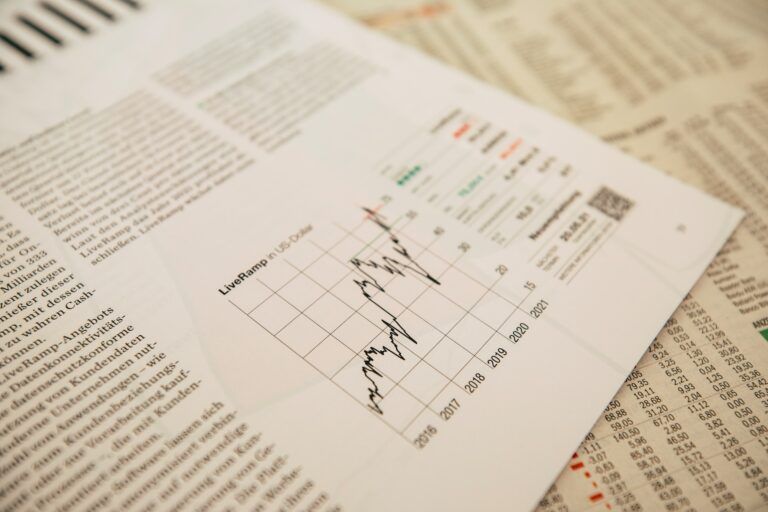The stock market’s benchmark index, the S&P 500, has seen stellar performance so far this year and is now up by more than 21.5% year-to-date, and over 33.3% over the last 12-month period as it has added over $13 trillion to its market capitalization since October 2023.
As pointed out by the economics outlet Kobeissi Letter on the microblogging platform X (formerly known as Twitter), the S&P 500’s surge so far this year has been “incredible” and surpassed its performance in the vast majority of years in the past.
The outlet has in the past pointed out the index is currently posting its “biggest gain since 1997” even amid soaring geopolitical tensions and growing concerns of a potential financial crisis.
Kobeissi Letter has detailed the S&P 500 has nearly doubled the 11.7% increase it saw last year and its third-best performance since 1990, while also recording its “best start to a presidential election year in history.”
All of this has meant that last week the index hit its “hit its 43rd all-time high this year, the best streak since 70 new records in 2021” and that since October of last year, when it hit a low amid an ongoing correction, it’s up by 40%.
This has led the economics outlet to concluce that the current market “feels unstoppable.” The rise comes at a time in which investors are also increasingly turning to safe haven assets like gold, with exchange-traded funds (ETFs) focusing on the precious metal and its miners seeing $3.3 billion of inflows since August.
As reported, a metric favored by the Oracle of Omaha Warren Buffet has hit a new high above its levels in the dot-com bubble and the Global Financial Crisis.
The Buffett Indicator, which measures the ratio between a country’s total stock market capitalization and its GDP, is now nearing 200%. Historically, a reading of around 70% was considered normal, though the benchmark has crept closer to 100% in recent decades, with the metric having been steadily rising since June of this year.
While the current figure is undeniably extreme, it’s essential to note that the Buffett Indicator has not been a flawless predictor of recessions, accurately forecasting economic downturns roughly half the time.
Featured Image via Unsplash.









